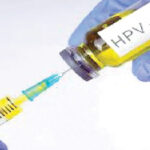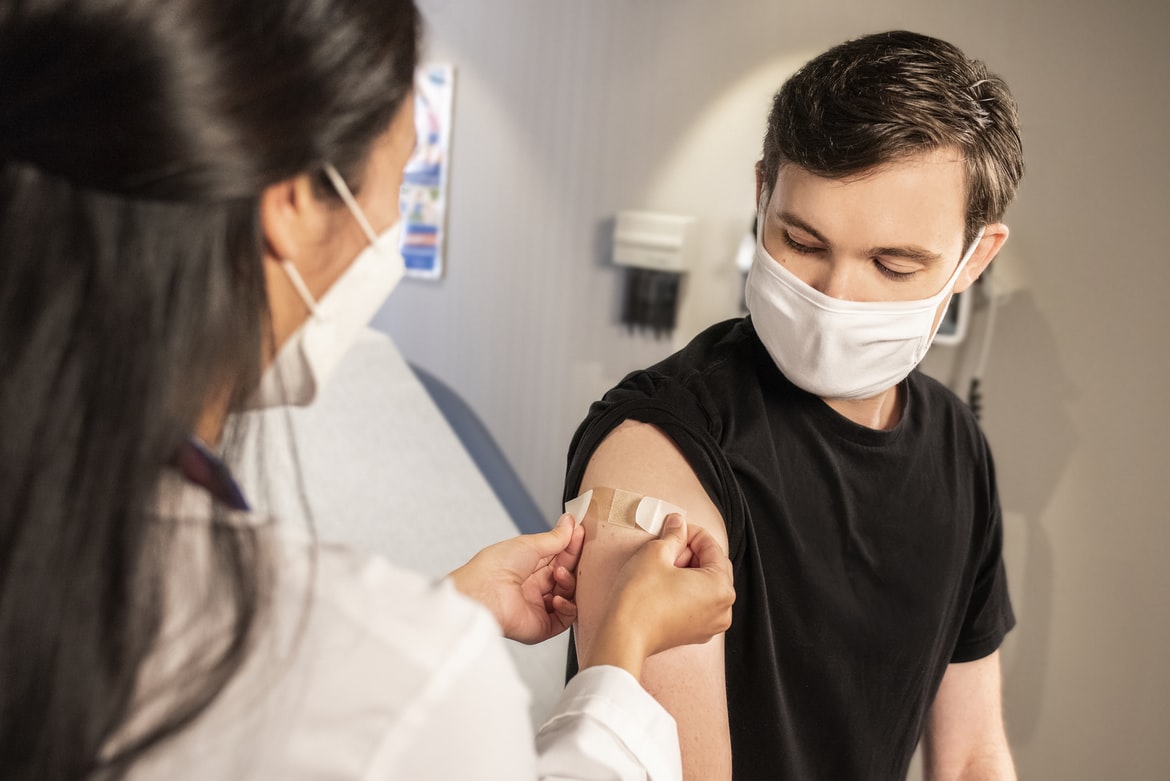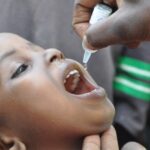The Importance of Vaccination in Africa’s Health Future

Vaccination has been one of the most powerful tools in modern medicine, saving millions of lives worldwide. In Africa, vaccines have played a key role in reducing childhood mortality, eradicating smallpox, and nearly eliminating polio. Yet challenges remain. Vaccine hesitancy, weak healthcare infrastructure, and unequal access mean that preventable diseases still claim thousands of lives across the continent each year.
This article explores why vaccination is vital for Africa’s health future, the challenges that threaten progress, and the opportunities to strengthen immunization systems for generations to come.
The Role of Vaccines in Africa’s Health Progress
1. Reducing Child Mortality
Vaccines against measles, polio, diphtheria, and tetanus have saved countless African children from early death. For example, measles-related deaths have dropped by more than 80% in sub-Saharan Africa due to widespread immunization campaigns.
2. Preventing Epidemics
Ebola, cholera, and yellow fever outbreaks highlight the importance of rapid vaccination responses. The rollout of Ebola vaccines in West Africa demonstrated how immunization can prevent widespread devastation.
3. Economic Benefits
Healthier populations are more productive. Every dollar invested in vaccination is estimated to save up to $16 in healthcare costs, lost wages, and productivity. For Africa, this translates into billions in long-term savings.
4. Building Health Resilience
Vaccination strengthens community health systems, reducing the burden on hospitals and clinics and ensuring resources are available for other urgent health needs.
Challenges Facing Vaccination in Africa
1. Vaccine Hesitancy
Misinformation, cultural beliefs, and distrust of government programs fuel vaccine hesitancy in some communities. This slows progress and puts populations at risk.
2. Limited Access in Rural Areas
Remote communities often lack transportation, cold storage, and healthcare workers, making it difficult to deliver vaccines effectively.
3. Funding Gaps
Many vaccination programs rely heavily on international donors. When funding is inconsistent, programs stall, leaving children and adults unprotected.
4. Conflict and Instability
Wars and political unrest disrupt vaccination campaigns, leaving vulnerable populations without access to lifesaving vaccines.
Strategies for a Stronger Vaccination Future
1. Strengthening Primary Healthcare
Investing in local clinics and mobile health services ensures vaccines reach even the most remote populations.
2. Community Engagement and Education
Working with traditional leaders, religious institutions, and community health workers helps build trust and counter misinformation.
3. Innovation and Technology
Digital health tools, drones for vaccine delivery, and mobile data systems are transforming immunization efforts in Africa. Rwanda and Ghana have already pioneered drone delivery for vaccines and medical supplies.
4. Regional and Global Partnerships
Collaborations with organizations like Gavi, the Vaccine Alliance, and WHO continue to be crucial for funding and technical support.
Africa’s Opportunity for Leadership
Africa has an opportunity not just to benefit from vaccines but to lead. Investment in local vaccine production, such as the manufacturing hubs emerging in South Africa, Senegal, and Rwanda, will reduce dependence on imports and ensure faster response to future health crises.
Conclusion
Vaccination is more than just a medical intervention—it is a pathway to a healthier, more resilient Africa. By addressing hesitancy, improving access, and investing in innovation, Africa can secure a future where preventable diseases no longer hold back progress. The health and prosperity of the next generation depend on today’s commitment to vaccination.
Written by Fawzi Rufai, Medically Reviewed by Sesan Kareem



